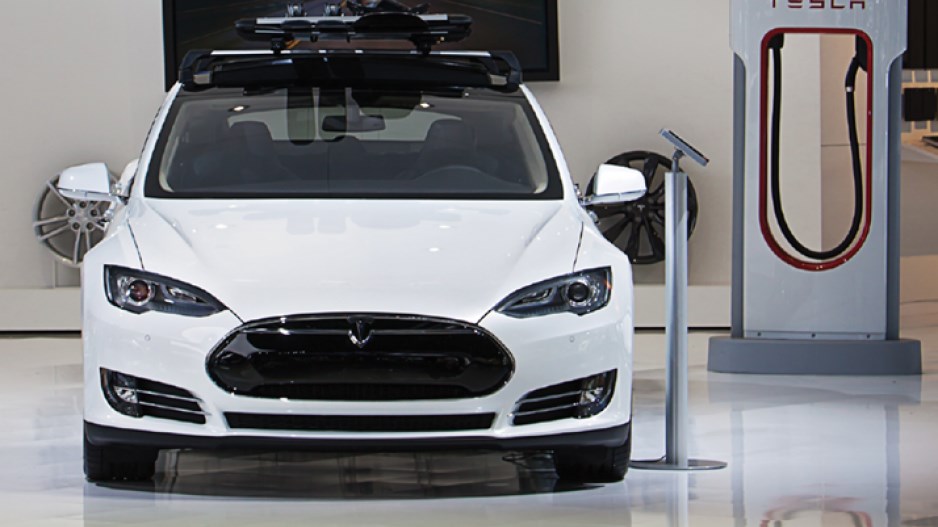While major corporations like Apple Inc. (Nasdaq:AAPL) and Google (Nasdaq:GOOG) sign off on patent ceasefires to ensure they don't sue each other to death, one thing is clear to Kobi Ofir.
“Software patents are not a good thing for innovation,” said the chief technology officer of Vancouver-based software firm Vision Critical.
The CTO is quick to add he holds a few patents himself.
But patents, he said, can be particularly hampering for a fledgling startup community like Vancouver's.
Ofir noted many investors look favourably toward early-stage companies that have a patent application in progress.
“[Investors] may actually consider that to be more tangible intellectual property that's worth something and that may help with valuation,” he said.
The problem is that getting a patent is not cheap, in terms of both dollars and resource allocation – assets not always in great supply at local startups.
But what about a world in which patents did not exist?
When Tesla Motors (Nasdaq:TSLA) announced in June it would no longer enforce its patents, the electric car company caused a stir among entrepreneurs, business executives and tech-minded people.
Tesla's Canadian co-founder, Elon Musk, who had success in the tech sector when he helped launch PayPal in the late 1990s, made the so-called patent pledge through a blog post.
“They [patents] have been removed, in the spirit of the open-source movement, for the advancement of electric vehicle technology,” he wrote.
“And maybe they were good long ago, but too often these days they serve merely to stifle progress, entrench the positions of giant corporations and enrich those in the legal profession, rather than the actual inventors.”
This pledge would, theoretically, allow companies to use Tesla's proprietary information to develop their own electric vehicles. But it came just weeks before the company was hit with a July trademark lawsuit in China as it attempted to make inroads in the world's largest automobile market.
Meanwhile, Tesla's first Canadian Supercharger station opened July 17 in Squamish, allowing British Columbians to stay plugged into the power network Tesla is building.
While Musk said he made the decision to spark competition in an industry still lagging behind gasoline-fuelled vehicles, Vancouver-based patent lawyer Richard Johnson of Borden Ladner Gervais LLP urged entrepreneurs to be wary.
In the realm of open-source software and hardware, he said the first step for entrepreneurs is acquiring a licence from the owner to use the technology.
“The patent pledge idea is a bit of a different animal altogether because it's not explicit licence,” Johnson said.
“It's just a statement saying [Tesla] won't sue people who use this technology.”
He said anyone interested in using Tesla's technology should approach the company for an explicit licence, since such a pledge has yet to be tested in court.
Although Ofir admitted to being a fan of Tesla, he said he does not imagine this patent pledge would reverse the entrenched system that exists across most industries.
“You have companies that have on their books literally hundreds of millions or billions of dollars worth of intellectual property,” he said.
“It goes back to the complexity of trying to unwind the system, in that there's this co-dependency now where you actually have to have sufficient patents, at least for defensive purposes, even if you don't actually want to go ahead and sue anyone for offensive purposes.”




